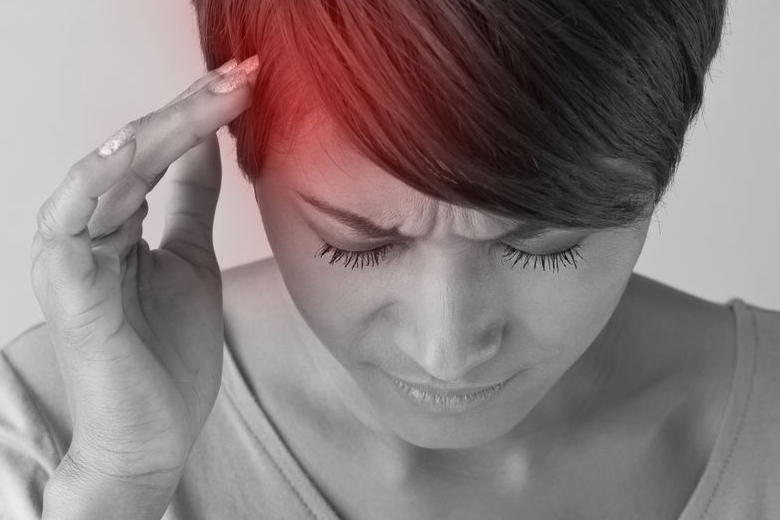What are migraines exactly?
Most will mistake migraines for headaches and in this case, a Tylenol or Ibuprofen is taken but the pain may not fade away! Chronic Migraine sufferers have learned that headaches are not the same. Migraines unlike headaches, include unwanted symptoms such as; sensitivity to light, piercing head pain and nausea as well as associated feelings of chronic fatigue, exhaustion and dizziness.
Chronic migraines will inevitably interfere with the daily routine and productivity. Imagine being at work, sitting at your desk and suddenly you feel your eyes become very sensitive to the light. Along with these changes you begin to feel a piercing throbbing pain in your forehead. Then it becomes hard to concentrate and keep focus, before you know it, you are reaching for your sunglasses or dimming the light to escape pain in darkness.
Temporary Darkness or the occasional pain killer may serve as a short term solution; however, the resolution is stone-walled with a phenomenon called rebound headaches. This occurs when the temporary solution disappears so quickly causing the headaches to return more frequently and intensely; in other words “returning with a vengeance”. Simple headaches are not known to act this way!
What is Botox?
Botox is a form of toxin produced by the bacteria that causes botulism. When the Botox botulinum toxin is purified and used in tiny doses in specific areas, it temporarily reduces muscle contractions. The use of Botox for Chronic migraines has been approved as a safe and effective treatment for those who experience chronic migraines and fail other less effective treatments.
The Procedure
The Botox is injected in the targeted areas to block the release of chemicals that signifies pain in the brain. The contracting muscles resulting in the release of these chemicals are significantly reduced leading to the relief of pain for about 3 months. The other benefits of having this procedure done is that it will not leave a scar, there is no recovery time and proven to be 90% effective for appropriately diagnosed chronic migraines. Additionally, most insurances cover this procedure!

Need to speak to someone immediately?
Call us today! (470) 299-1998

About the Author
Dr. Woodley Mardy-Davis is fellow-ship trained and triple board certified through The American Board of Anesthesiology and The American Board of Addiction Medicine. Board Certifications include Interventional Spine/Pain Medicine, Anesthesiology and Addiction Medicine. Dr. Davis specializes in nonsurgical and minimally invasive surgical treatments of the spine, and musculoskeletal system.
Dr. Davis’ skills are honed in the fluoroscopically and ultrasound guided procedures to intervene in the disorders of the spine and musculoskeletal system. Dr. Davis advocates a comprehensive, multidisciplinary approach to acute, chronic spine and pain disorders through the use of innovative diagnostic tools, treatment interventions and successful rehabilitation.

